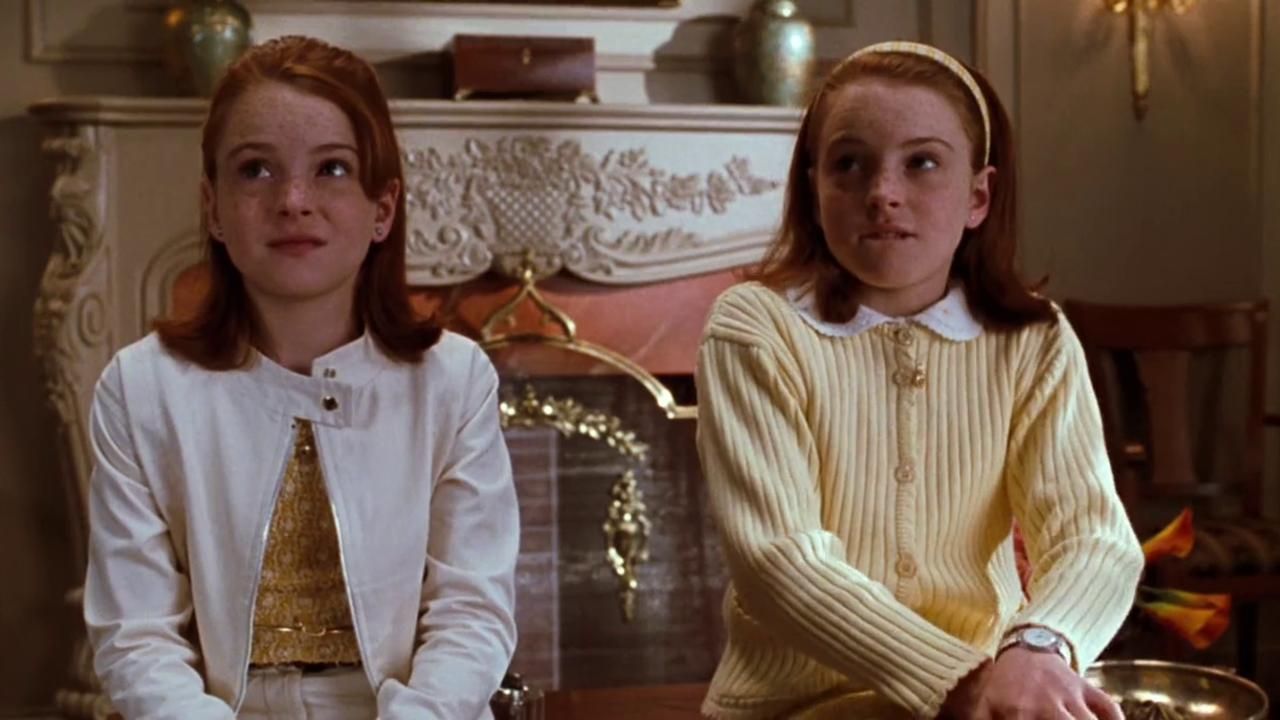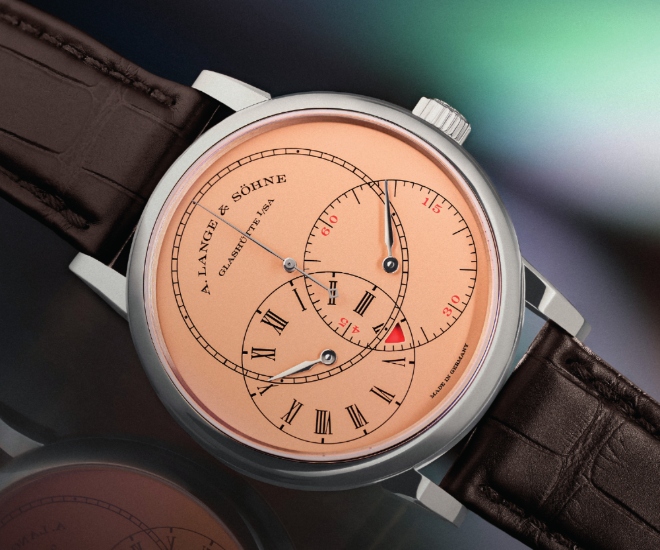“I think we’re at a critical juncture.”
With an avid group of followers and brands taking notice of her unique voice, Los Angeles-based photojournalist and sustainable style activist Aditi Mayer is pushing the dial when it comes to the dialogue around the environmental and ethical impacts of the fashion industry. With a focus on decolonization, garment workers’ rights and consuming less, not just better, Mayer — who counts Canadian brand Poppy Barley as one of her favourites — is a force to be reckoned with. Read on to learn more about how she grew a passion for photography into a life of purpose.
Describe your relationship with the fashion world before you started your advocacy.
Growing up, I wasn’t someone who had a ‘passion for fashion’; my passion lay in photography. But I became interested in the use of design to communicate my identity. As a South Asian woman, I was really into the idea of fusion and bringing in ideas of East meets West in terms of my style. Back then, my relationship with fashion was definitely dictated by trends — these arbitrary ideas of what is ‘in’ — but I was also into thrifting from a young age. This was before it was the cool thing to do; it was really an economic necessity for me, but it was also something I genuinely loved. It instilled an idea of thinking about personal style when you’re not presented with a mannequin to tell you what to wear. You have to do more soul-searching.
What was the turning point for you in terms of seeing fashion differently?
Rana Plaza happened when I was a senior in high school, and it was a reckoning that got me thinking about the politics of fashion. I learned that the day prior to the factory collapse, structural cracks had been identified in the building and it was deemed unsafe, but because of the pressure from upper management to complete orders, people were ordered back in to work. That’s what did it for me: the avoidable nature of it and the way speed and output were normalized at all costs — they came at the cost of over 1,000 lives. I started a blog the summer before my freshman year of college as a response to the collapse and a way to explore the idea of sustainable fashion, which was a young concept at the time. During my four years at school, I started digging more into the topic, particularly within my own locality in downtown L.A. So I’ve navigated the worlds of journalistic storytelling, sharing my own journey with consumption through my blog and doing grassroots organizing. All of these identities have blurred together to inform my approach to journalism, which is about building relationships with my subjects and trying to understand issues not as isolated incidents but with a historical context in mind.
Who are your biggest fashion photography inspirations?
When I think back to high school, one of my biggest inspirations was Tim Walker; there’s a large element of escapism and beauty there. As I started questioning the fashion industry more, one of the first things that became apparent to me was the lack of diversity and how that was reflected in the imagery it created — that became a point of contention. As I got deeper into learning about sustainability, I saw the same narratives and power dynamics arise, where women of colour were always seen as the labourers but the models were always white or Eurocentric. That informed my exploration of the question ‘Who’s behind the camera?’ My favourite photographers today include Simrah Farrukh, Ashish Shah and Bharat Sikka.
What’s the most surprising thing you’ve learned on your sustainability journey?
I think it’s the amount of information we’ve been fed that suggests the solution to this issue is consuming more. That’s not to say I think conscious consumerism isn’t important — it very much is. But when it’s reinforced that the way out of the problem is consumption, it limits who can engage with this movement and how. I think we’re at a critical juncture; people are starting to see beyond the lens and looking at policies as well as consuming less and using what they already have.
How has what you’ve learned affected your own consumption habits, especially throughout the pandemic?
On the one hand, I’m realizing how much joy I get from the art of dressing and the art of being seen — putting on a cute outfit and going out into the community. But the pandemic has also instilled a sense of self-sufficiency in many people — and in me — in terms of fashion and beyond, whether it’s starting a garden or learning how to sew. I busted out an old sewing machine, and my mom has taught me some skills.”





